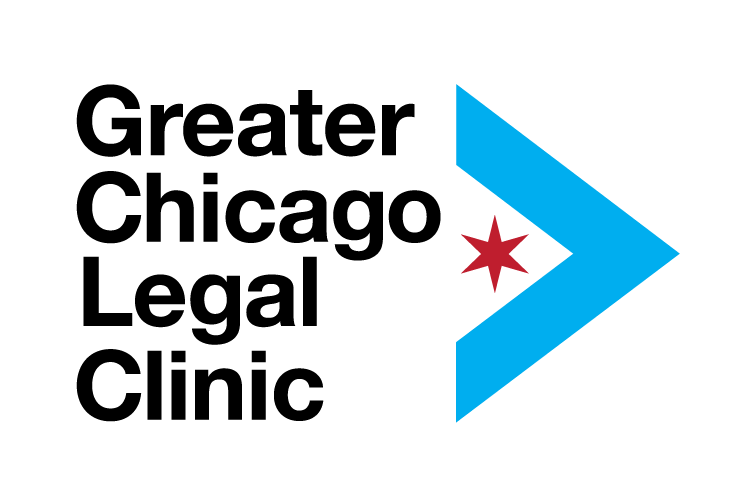Safe at Home
A fundraising initiative to support legal aid services.
What does “Safe at Home” mean? Ryan Harding, a member of the Clinic’s board, explains in a new video.
“The past year has brought with it many lessons, some of which we did not expect to have to learn,” said Adam M. Salzman, Executive Director of Greater Chicago Legal Clinic, reflecting on passing the one-year anniversary of the beginning of the COVID-19 pandemic. “One lesson we have learned is that a safe and secure home can literally mean the difference between life and death.”
The COVID-19 pandemic and its resulting stay-at-home orders focused a new light on the importance of having a safe place to call home. It also resulted in widespread disruptions and changes, threatening that ideal for too many people in Chicagoland.
To meet these growing needs, GCLC’s Safe at Home campaign will raise money to support the provision of legal aid services for economically disenfranchised people in Cook County, Illinois. Funds raised will expand the Clinic’s work in family law — including assistance to domestic violence survivors — housing security, and immigration law.
To the mother forced to confront domestic violence while making ends meet and providing for her children, safe at home might mean obtaining appropriate legal protections so that her family can live in an atmosphere free from fear and uncertainty.
To the family threatened with eviction due to economic reversals over which they have no control, safe at home might mean gaining access to the information, advocacy, protections, and resources the law provides, and in so doing, avoid homelessness.
To the undocumented child who has never known any home other than the United States, safe at home might mean securing protected status under Deferred Action for Childhood Arrivals (DACA) so the child is not uprooted and sent away from family.
“As so many of us have sheltered in place over the past year, legal aid organizations like GCLC have never stopped working to ensure that our neighbors in need are able to protect their homes and families,” Salzman said.
“Recent months have brought real reasons for optimism, but as things return to normal, we can’t forget about those whose lives have been irrevocably changed,” he continued. “They need our help, and we must be there for them.”
If you can, please make a donation to the Clinic's Safe at Home Campaign.
“The past year has brought with it many lessons…one lesson we have learned is that a safe and secure home can literally mean the difference between life and death.”




